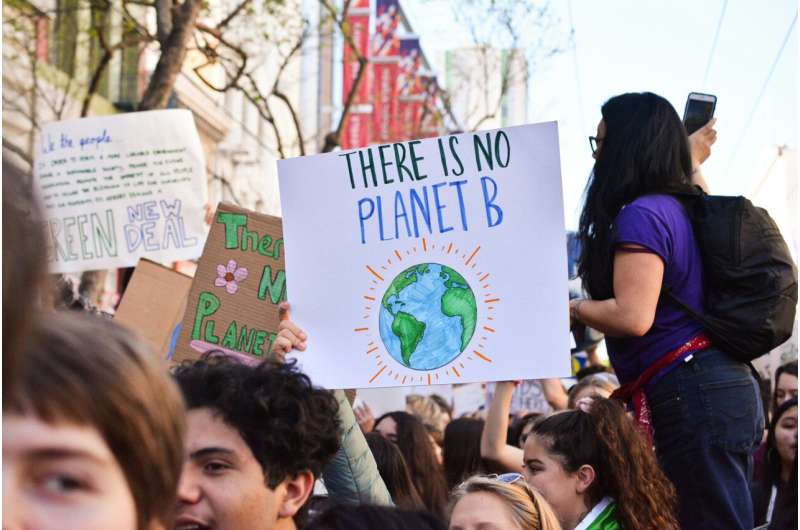Study Identifies Key Factors Linked to Climate Anxiety in the U.S.

A new study uncovers the key factors influencing self-reported climate anxiety among U.S. adults, highlighting the roles of media exposure, social discussions, and personal impact perceptions in shaping emotional responses to climate change.
A recent study published in PLOS Climate explores the various factors associated with self-reported climate anxiety among adults in the United States. Conducted by Katherine Kricorian and colleagues, this research sheds light on how different demographic and informational exposures influence feelings of anxiety related to climate change.
The researchers surveyed 2,000 U.S. adults, aiming to understand their knowledge, beliefs, behaviors, and emotional responses surrounding climate change. Participants were asked whether climate change made them feel anxious. Findings revealed that about 26% of respondents reported experiencing climate anxiety. Interestingly, nearly half of those who did not feel anxious also denied the reality of climate change.
Key predictors of climate anxiety included higher exposure to climate change information via media, frequent discussions about climate issues with family and friends, feeling that climate change would soon affect their personal lives, being younger, and identifying as female. Surprisingly, factors such as political affiliation, education level, and familiarity with climate concepts did not significantly predict anxiety levels.
The study also found that individuals experiencing climate anxiety tend to display both positive emotions like motivation and interest, alongside negative emotions such as sadness and tension. They are also more engaged in environmental actions, including recycling and volunteering for eco-friendly causes.
Respondents with climate anxiety often believed that simple, accessible climate information and involvement in environmental initiatives could help lessen their anxiety. The authors note, however, that since the survey participants had previously agreed to take part in research studies, their responses might not fully mirror the general U.S. population.
The researchers advocate for further exploration into how personal experiences with climate-related disasters, like wildfires and droughts, influence feelings of climate anxiety in future studies, aimed at better understanding and addressing this growing concern.
Stay Updated with Mia's Feed
Get the latest health & wellness insights delivered straight to your inbox.
Related Articles
Impact of COVID-19 Declaration of State of Alarm on Memory, Especially Among Young People
A recent study reveals that the declaration of a COVID-19 state of alarm created powerful flashbulb memories across all ages, with the youngest recalling the most details, highlighting the profound emotional impact of the pandemic.
New Research Finds Elevated Depression Risk Among High-Performance Athletes Despite Physical Activity Benefits
High-performance athletes face unique mental health challenges, including an increased risk of depression, despite the well-known benefits of physical activity. New research highlights the need for targeted support systems to address these risks within athletic environments.
Impact of Untreated Depression on Surgical Outcomes in Cancer Patients
Untreated depression can worsen surgical recovery and increase healthcare costs in cancer patients. New research emphasizes the importance of mental health treatment before surgery for better outcomes.
Enhancing Quality of Care to Reduce Fear and Coercion in Mental Health Facilities
Research shows that enhancing the quality of mental health care by emphasizing privacy, dignity, and patient participation reduces fear and coercion, leading to a more humane and effective treatment environment.



